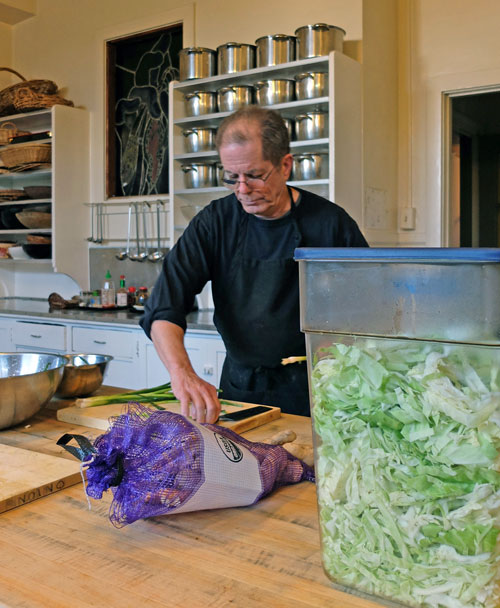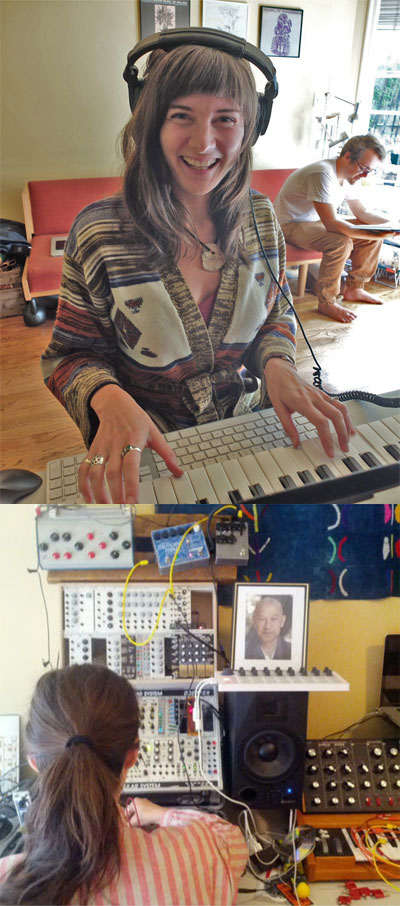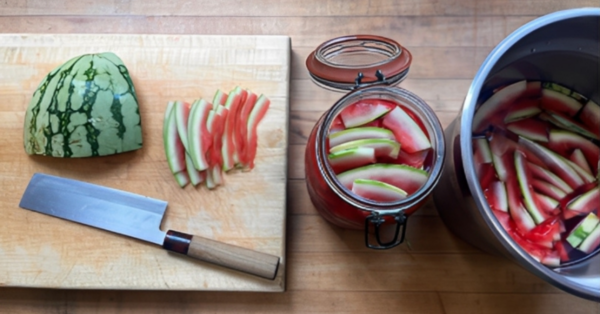Practice takes many forms. We may meditate at home before a full day of work, we may practice while taking care of our children or aging parents, we may volunteer to help our communities, we may be a resident at a local temple, we may listen to dharma talks during our commute. In the myriad ways intention can be expressed, together we support each other.
We interviewed four sangha members to learn about their experiences with practice in daily life. Below are some reflections from two of these members.
 Dennis McNally is a writer, SFZC board member, bookstore volunteer and Saturday Sangha member.
Dennis McNally is a writer, SFZC board member, bookstore volunteer and Saturday Sangha member.
I can’t begin to express the depth of my gratitude for zazen. The abbots talk about fire in the year-end letter, and all I can say is that the only thing that cools fire is the sweet luminous darkness of zazen. Sitting in the zendo in near-darkness is extraordinarily comforting and soothing to me. I know that we sit because we should, and not for gain, but I don’t mind the benefit, either!
I go to a lot of meetings and do what I can for Zen Center in fundraising and serving on the board, but I sincerely think that my best contribution to the sangha is making salads on Saturday morning in the kitchen. Food is at the heart of the monastery, and it’s great to be part of that. I’m taking Shundo’s class on the Tenzokyokun (“Instructions for the Cook”) this Fall, and it has clarified my growing understanding of how important food is as a practice, as a spiritual as well as material thing. I grew up thinking it was an afterthought, but thanks to my own tenzo—my wife, Susana—I’ve come to a far better understanding.
The bookstore is such a great part of Zen Center. Even though Dogen says—and Suzuki Roshi and all the Zen teachers say—that sitting is the leading aspect of approaching Zen, that in the end the experience transcends intellect… they write a whole lot of intellectual books to tell us that! It’s also the best-smelling bookstore in the world. As a bookish person, I was made to volunteer there. I work Monday nights, which means I get to serve the Meditation in Recovery folks, and they express a lot of warm appreciation for it.
* * *
 Emma Jackson is a program manager, music maker and Zen student.
Emma Jackson is a program manager, music maker and Zen student.
Emma started sitting on her own 10 years ago in London while listening to dharma talks online. Just a month ago, Emma received jukai, or lay ordination, from her teacher, Shinki Tokuden Mark Lancaster. She reflected on that process, saying, “I was surprised how much I learned about myself through sewing my rakusu. It became quite an emotional experience as I prepared to take jukai and set down roots in this tradition.”
She also said, “Some of the greatest tests of my Zen practice come through trying to live by the precepts whilst at work in my day job.”
In addition to her full-time job, Emma makes music at home. Above her sound board is a framed picture of Suzuki Roshi watching over her. “I feel like my Zen practice has helped me connect more to my creative side.”
After years of occasional trips to City Center during annual work trips to the Bay Area, Emma now lives in San Francisco, and frequently comes to City Center to practice. “I love attending classes at City Center,” she said. “It is a great way to deepen understanding of the Dharma when we discuss it with others.”
* * *
Please visit sfzc.org/dayinthelife to see more, and please consider making a donation to support our shared practice.
__________
Photos by Shundo David Haye (except bottom photo, courtesy of Emma Jackson).












